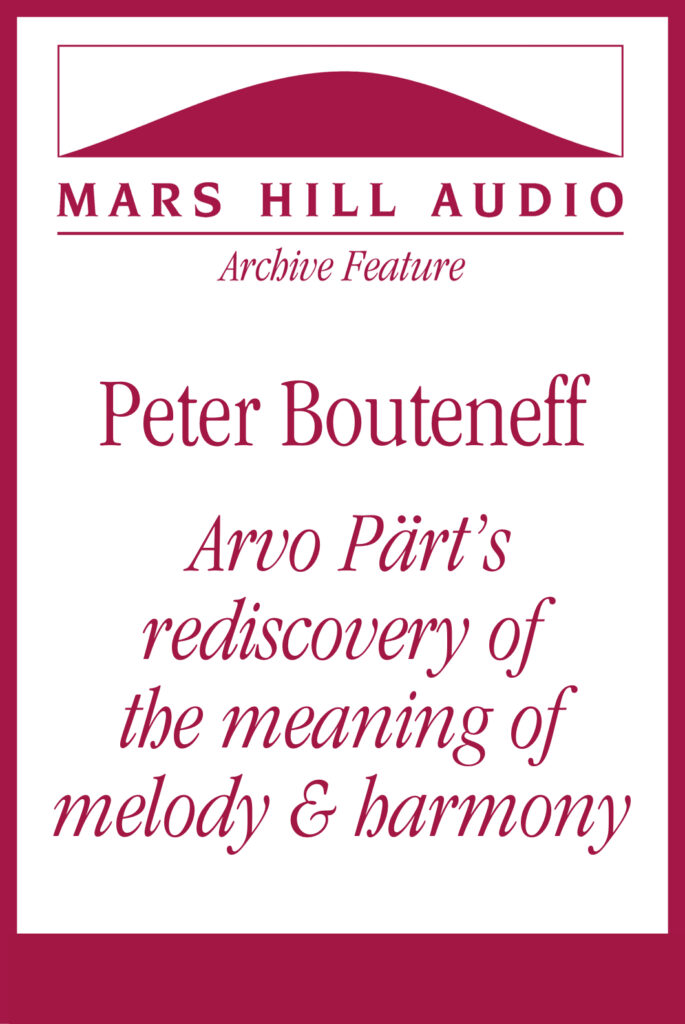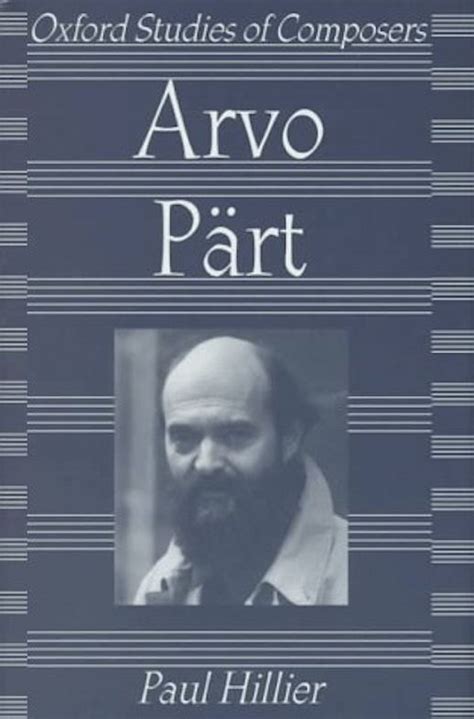
originally published 8/8/2019
Theologian Peter Bouteneff explains how engagement with Gregorian chant and early Renaissance polyphony — music from the life of the Western Church — contributed to composer Arvo Pärt’s conversion to Orthodoxy and his re-discovery of the meaning of melody and harmony. Pärt realized that this music arose from prayer, and that if he wanted to compose works with such qualities, he needed to reorder his own life by prayer. During a time of artistic and religious searching, Pärt was introduced to a number of sacred texts that would shape his thinking and composition. Bouteneff discusses unity in diversity — evident in the Incarnation and in the Trinity — and universality and particularity. The specificity of the religious texts Pärt sets to music does not prevent reception of a “universal” spiritual reality by his listeners. This interview was originally on Volume 144 of the Journal.
23 minutes
PREVIEW
The player for the full version of this Feature is only available to current members. If you have an active membership, log in here. If you’d like to become a member — with access to all our audio programs — sign up here.

“I am not sure there could be progress in art. Progress as such is present in science. Everyone understands what progress means in the technique of military warfare. Art presents a more complex situation . . . many art objects of the past appear to be more contemporary than our present art. How do we explain it? Not that genius was seeing two hundred years ahead. I think the modernity of Bach’s music will not vanish in another two hundred years, and perhaps never will. . . the reason is not just that in absolute terms it could simply be better than contemporary music. . . the secret to its contemporaneity resides in the question: How thoroughly has the author-composer perceived, not his own present, but the totality of life, its joys, worries and mysteries? . . . Art has to deal with eternal questions, not just sorting out the issues of today.”
— Arvo Pärt, from an interview broadcast on Estonian Radio in 1968, quoted in Paul Hillier, Arvo Pärt (Oxford University Press, 1997).